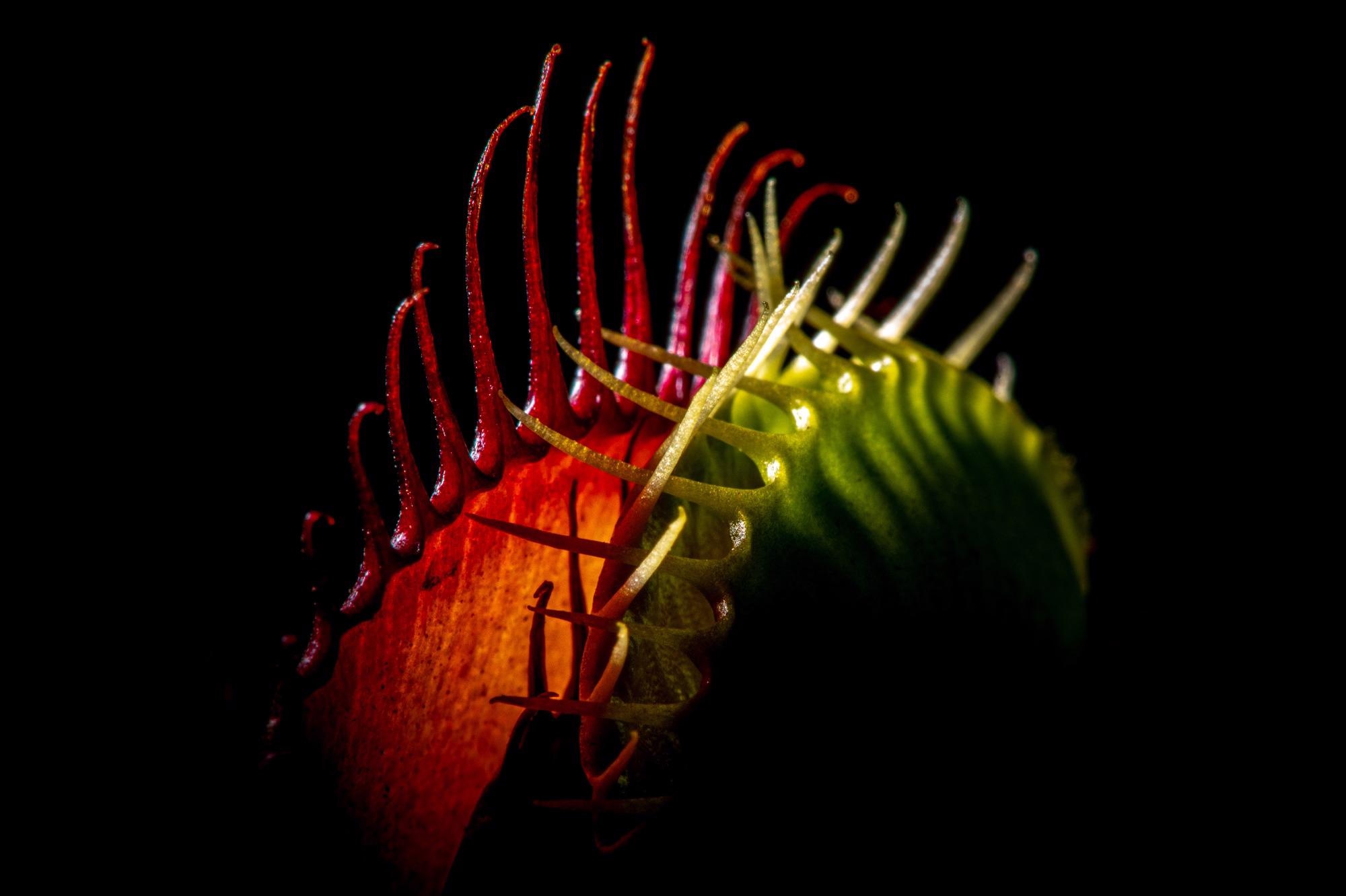Feb 25 2021
Animals and plants have the capability to respond quickly to changes in their surroundings, like a Venus flytrap that snaps shut when touched by a fly.

Image credit: Angel E Velazquez/shutterstock.com
But mimicking similar actions in soft robots necessitates sensors and intricate mechanics. Scientists have now printed liquid metal circuits onto an individual piece of soft polymer, thereby making an intelligent material that gets curled under mechanical strain or pressure.
The findings of the study have been reported in reporting in the ACS Applied Materials & Interfaces journal.
Soft robots preferably have the tendency to simulate smart and autonomous behaviors that occur in nature, integrating sensing and controlled movement. However, the combination of sensors and the moving parts that react can be unwieldy or would need an external computer.
A single unit design is required that reacts to environmental stimuli, like stretching or mechanical pressure. Liquid metals could be the possible solution, and some scientists have earlier examined their use in soft robots.
These materials help develop thin and flexible circuits in soft materials, and the circuits can quickly generate heat when an electric current is produced, either from an electrical source or from pressure exerted on the circuit.
Upon stretching the soft circuits, there is a drop in the current, which leads to cooling of the material. To create a soft robot featuring independent, intelligent movement, Chao Zhao, Hong Liu, and their collaborators wished to combine liquid metal circuits with liquid crystal elastomers (LCE)–– polymers that can experience huge changes to their shape when cooled or heated.
A nickel-infused gallium-indium alloy was applied onto an LCE and the liquid metal was magnetically moved into lines to develop an unbroken circuit. A silicone sealant that shifts from pink to dark red upon warming maintained the circuit safeguarded and in place. The soft material curled in response to an applied current, with the increase in temperature, and the film became redder as time passed.
The material was used to create independent grippers that perceived and reacted to stretching or pressure applied on the circuits. The grippers could grab tiny round objects and drop them when the pressure was discharged or the material was stretched. Lastly, the team made the film into a spiral shape.
The application of pressure to the circuit at the bottom of the spiral made the circuit unfurled with a rotating motion, as there was an increase in the temperature of the spiral. The team states that these pressure- and stretch-sensitive materials could be adapted for use in soft robots that execute locomotion or complex tasks.
The study authors acknowledge financial support from the National Natural Science Foundation of China and the Key Project and Open Research Fund of State Key Laboratory of Bioelectronics, Southeast University.
An Intelligent Soft Material That Curls Under Pressure or Expands When Stretched – Headline Science
An intelligent soft material can curl under pressure or mechanical strain. Video Credit: American Chemical Society.
Journal Reference:
Ma, B., et al. (2021) Magnetic Printing of Liquid Metal for Perceptive Soft Actuators with Embodied Intelligence. ACS Applied Materials & Interfaces. doi.org/10.1021/acsami.0c20418.